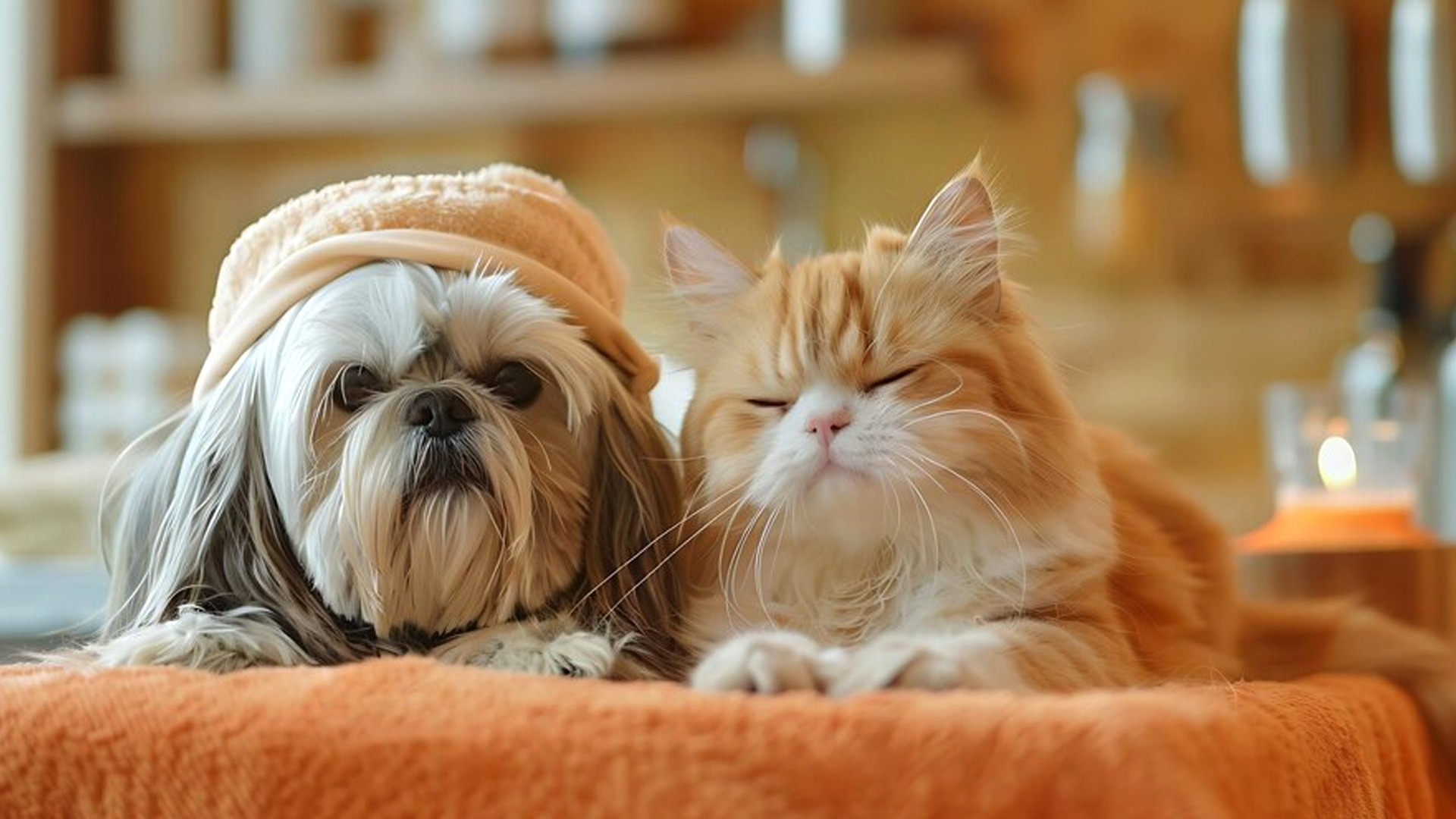As our beloved companions age, their needs evolve, demanding increased attention and specialized care. Providing optimal care for senior pet dogs and cats is essential to ensuring their comfort, well-being, and longevity. This guide delves into crucial aspects of pet care, from recognizing signs of ageing to making end-of-life decisions.
Understanding the Aging Process in Pets
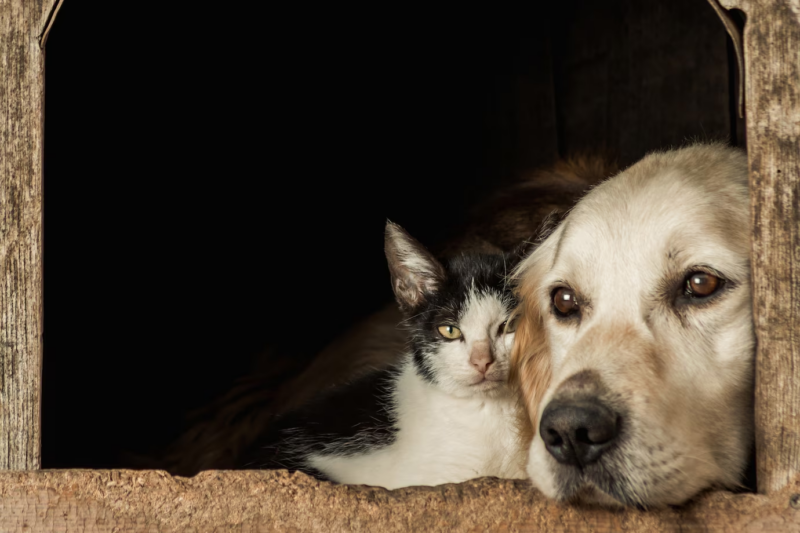
Just like humans, dogs and cats experience the inevitable march of time. While determining dog age might seem straightforward, factors like breed and size influence ageing rates. For instance, larger breeds often age faster than smaller ones. Cats, masters of subtlety, can mask ageing signs, making it crucial to observe them closely.
Essential Pet Care for Senior Dogs and Cats
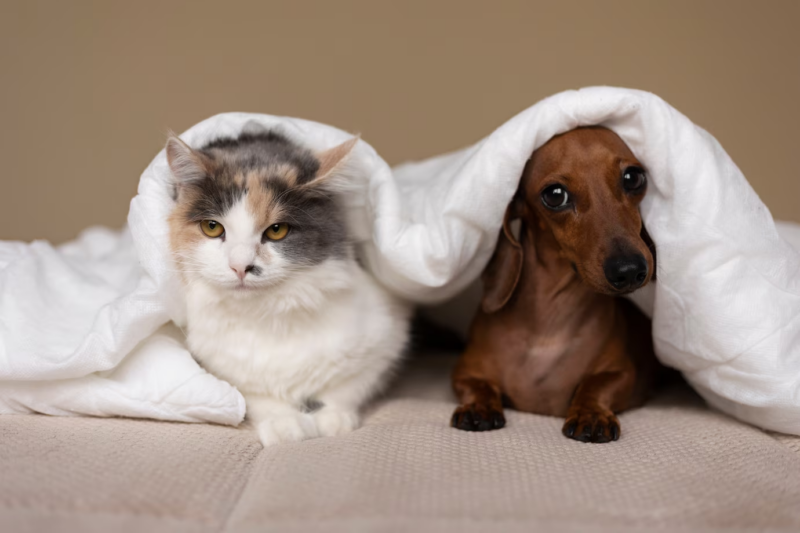
- Nutrition: As pets age, their dietary requirements change. A balanced diet tailored to their specific needs is vital. Consult your vet to determine the best food options. Weight management is crucial, as obesity can exacerbate age-related health issues.
- Exercise: Regular physical activity is essential for maintaining joint health and preventing muscle atrophy. However, adjust exercise routines to accommodate reduced energy levels. Gentle walks, playtime, and mental stimulation are excellent options.
- Regular Veterinary Checkups: Routine checkups become even more critical for senior pets. Early detection of potential health problems is key to effective treatment. Common ailments include arthritis, diabetes, and dental issues.
- Creating a Comfortable Environment: As mobility decreases, ensure your home is senior-friendly. Provide easy access to food, water, and bedding. Orthopaedic beds, ramps, and stairs can aid comfort.
- Mental Stimulation: Just like humans, pets need mental stimulation. Interactive toys, puzzles, and training sessions can help prevent cognitive decline.
Addressing Common Health Concerns
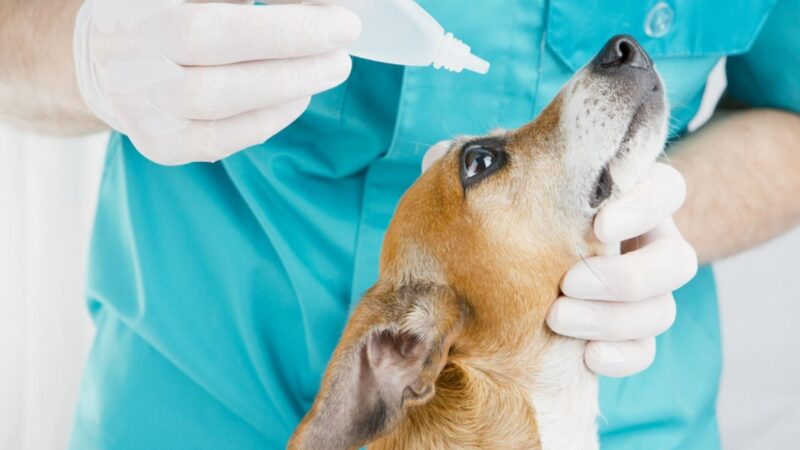
- Arthritis: Common in older pets, arthritis can be managed through pain medication, weight management, and joint supplements.
- Dental Issues: Regular dental care is essential. Dental cleanings and home oral care can help prevent tooth loss and infection.
- Vision and Hearing Loss: Adapt to your pet’s sensory changes. Provide clear pathways, avoid sudden movements, and use auditory cues when necessary.
- Incontinence: Manage incontinence with specialized products and veterinary guidance.
- Kidney Disease: Early detection and management are crucial. Consult your vet for appropriate care.
End-of-Life Care and Pet Euthanasia
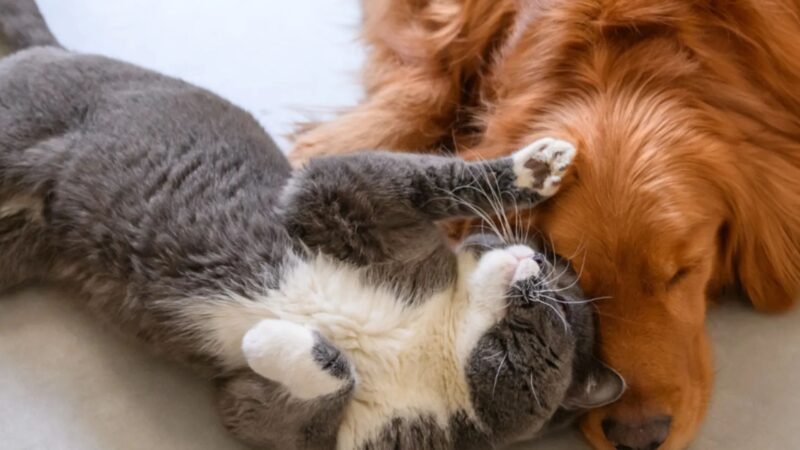
The decision to euthanize a beloved pet is incredibly difficult. It’s essential to have open conversations with your vet about your pet’s quality of life. When the time comes, many pet owners choose to be with their pets during euthanasia, providing comfort and support in their final moments.
Recognizing Signs of Aging in Your Pet

Early detection of ageing-related changes is crucial for providing optimal care. While some signs are subtle, others are more pronounced. Pay close attention to these indicators:
- Behavioural Changes: A decline in energy levels, increased irritability, or disorientation might signal cognitive dysfunction.
- Physical Changes: Weight loss or gain, decreased appetite, difficulty grooming, or changes in coat texture can be indicative of underlying health issues.
- Mobility Issues: Stiffness, lameness, or reluctance to jump can signal joint pain or arthritis.
- Sensory Decline: Reduced hearing or vision can impact your pet’s behaviour and safety.
Creating a Safe and Stimulating Environment
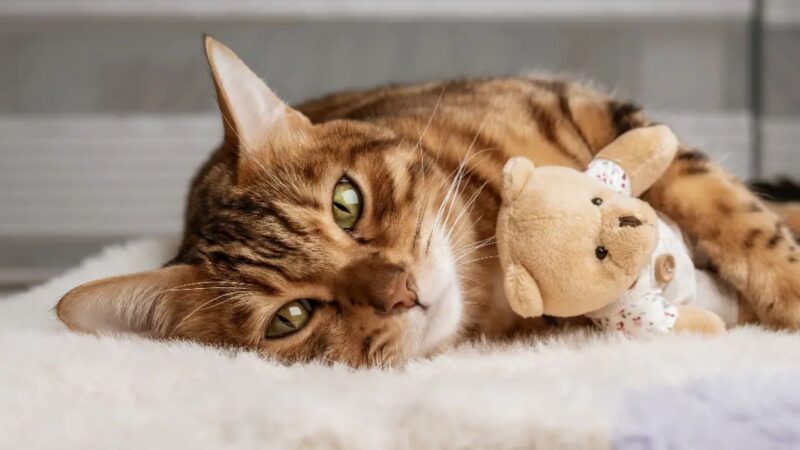
A well-adjusted environment is essential for senior pets. Implement these measures to enhance their comfort and well-being:
- Remove Hazards: Eliminate obstacles that might pose a risk to your pet’s mobility, such as loose rugs or electrical cords.
- Provide Comfortable Bedding: Invest in orthopaedic beds or cushions to support ageing joints.
- Offer Mental Stimulation: Engage your pet’s mind with puzzles, interactive toys, and training sessions.
- Establish a Quiet Space: Create a peaceful retreat where your pet can relax undisturbed.
Grooming and Hygiene
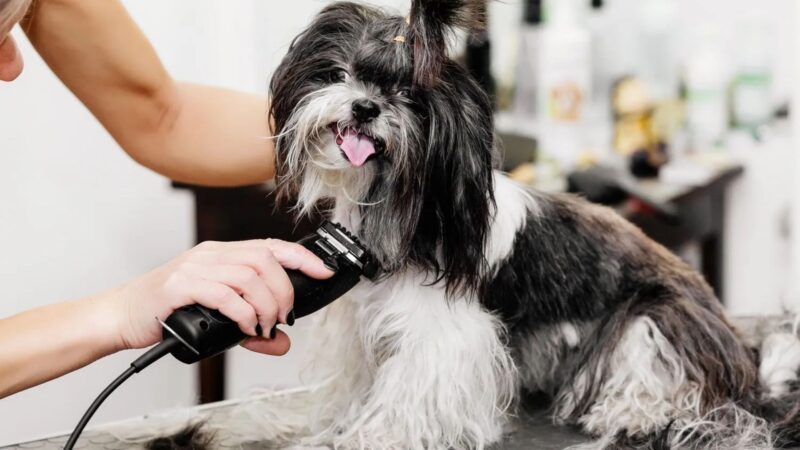
Regular grooming is vital for maintaining your pet’s health and comfort. Adapt your grooming routine to accommodate age-related changes:
- Bathing: Reduce bath frequency to prevent dry skin. Use gentle shampoos and conditioners.
- Nail Trimming: Regular nail care is essential, especially for pets with decreased mobility.
- Dental Hygiene: Continue regular dental care to prevent pain and infection. Consider professional cleanings as needed.
- Ear Cleaning: Monitor ear health and clean as necessary to prevent infections.
The Importance of Social Interaction

Social interaction is crucial for a pet’s emotional well-being. Despite decreased energy levels, senior pets benefit from companionship:
- Spend Quality Time: Dedicate focused attention to your pet through play, grooming, or simply cuddling.
- Introduce New Stimuli: Introduce new toys, scents, or sounds to keep your pet mentally engaged.
- Consider Pet Sitters or Dog Walkers: If you’re unable to provide constant companionship, explore professional care options.
When to Consider Pet Hospice Care
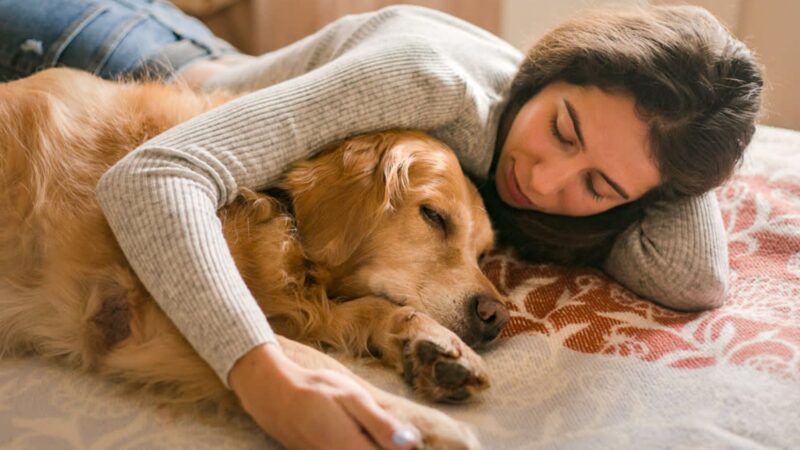
As your pet’s health declines, it’s essential to prioritize their comfort and quality of life. Pet hospice care offers specialized support during this challenging time:
- Pain Management: Work with your vet to manage pain effectively.
- Nutrition and Hydration: Provide appropriate food and fluids to maintain strength.
- Comfort Measures: Create a peaceful and supportive environment.
- Emotional Support: Seek emotional support for yourself and your family.
Caring for a senior pet is a deeply rewarding experience. By providing love, attention, and specialized care, you can enrich their golden years and create lasting memories. Remember, every pet ages differently, so observe your companion closely and consult your vet regularly.
With patience, understanding, and a touch of extra love, you can make your senior pet’s final years as comfortable and fulfilling as possible.
Medication and Supplements for Senior Pets
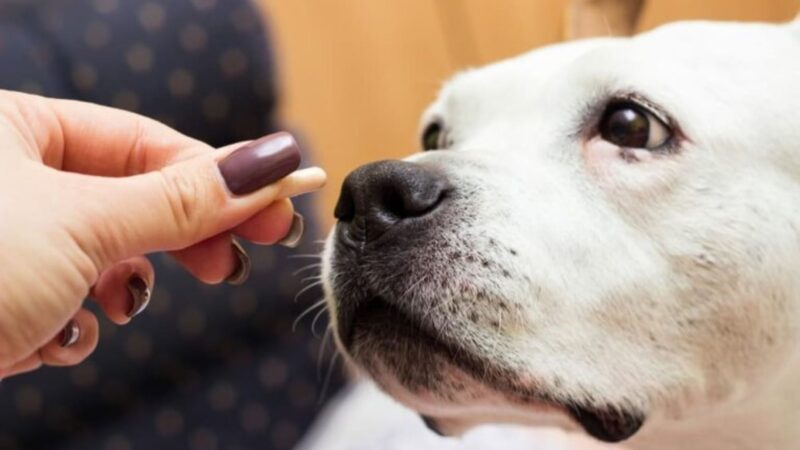
As pets age, they may require additional support to manage age-related conditions. Consult your veterinarian before administering any medications or supplements.
- Pain Management: For arthritis or other chronic pain, your vet might prescribe pain relievers or anti-inflammatory drugs. Supplements like glucosamine and chondroitin can also be beneficial.
- Digestive Health: Digestive issues are common in older pets. Probiotics and fiber supplements can aid digestion. Prescription medications might be necessary for severe conditions.
- Kidney Support: Supplements containing antioxidants and omega-3 fatty acids can support kidney health. Prescription medications may be required for advanced kidney disease.
- Thyroid Supplements: Some senior pets might benefit from thyroid supplements, but these should be prescribed by a vet.
- Cognitive Support: For pets with cognitive dysfunction, there are specialized diets and supplements available. However, the effectiveness of these treatments varies.
Special Considerations for Specific Pet Types
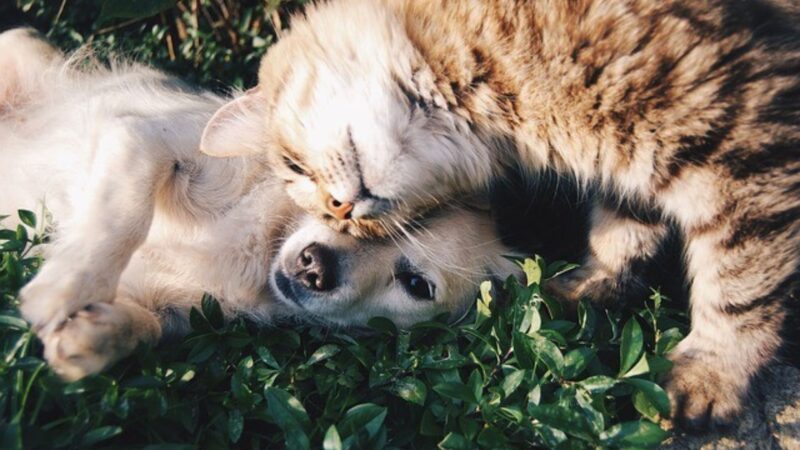
While the general principles of senior pet care apply to most animals, certain breeds or species have unique needs.
- Senior Dogs: Larger breeds are prone to joint issues, while smaller breeds often face dental problems. Regular dental cleanings are crucial.
- Senior Cats: Indoor cats are at risk for obesity and related health problems. Provide ample opportunities for exercise and mental stimulation.
- Senior Rabbits: Dental issues are common in rabbits. Regular checkups and proper diet are essential.
- Senior Birds: Wing and nail trimming might become more challenging as birds age. Regular veterinary care is vital.
- Senior Reptiles: As reptiles age, their metabolism slows down, requiring adjustments to their diet and environment.
Creating a Safe Outdoor Space
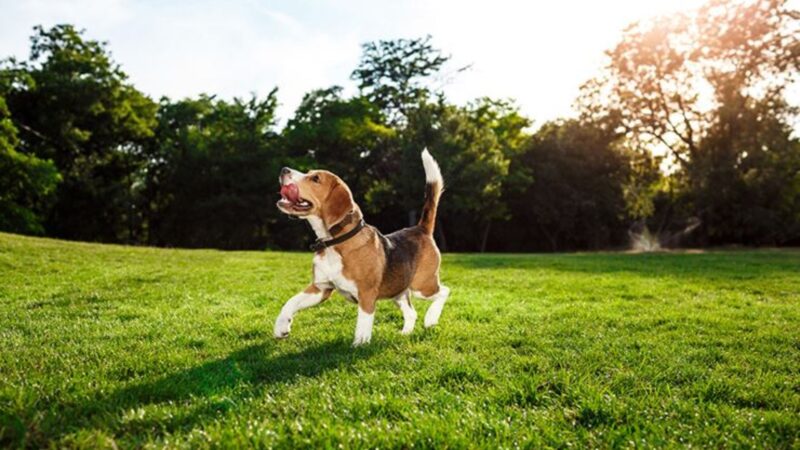
If your senior pet enjoys outdoor time, ensure their safety:
- Gradual Exercise: Avoid strenuous activity and opt for short, leisurely walks.
- Shade and Water: Provide ample shade and fresh water to prevent overheating.
- Fencing: Ensure your yard is securely fenced to prevent escapes.
- Paw Protection: Consider protective booties for paws, especially on hot surfaces.
The Emotional Well-being of Pet Owners

Caring for a senior pet can be emotionally challenging. It’s essential to prioritize your well-being:
- Seek Support: Connect with other pet owners facing similar challenges.
- Professional Help: Consider counselling or therapy if needed.
- Self-Care: Make time for your interests and hobbies.
- Create Lasting Memories: Cherish every moment with your ageing companion.
The decision to say goodbye to a beloved pet is one of the hardest a pet owner will face. However, it’s important to remember that euthanasia can be a compassionate act, relieving your pet from suffering.
By understanding the unique needs of senior pets and providing them with the best possible care, you can enrich their golden years and create lasting memories. Remember, every pet is an individual, so observe your companion closely and consult your vet regularly.
